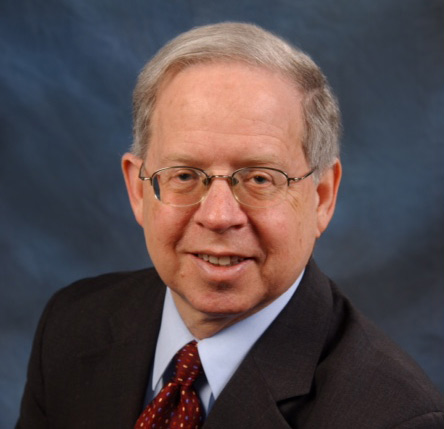Upholding Students’ Rights in the Trump Era
By Michael A. Rebell

[ Post-Election America: Read more commentary on the election from Teachers College ]
OCR has been particularly active during the Obama years. It has, among other things, issued important guidance on maximizing opportunities for racial integration despite the constraints imposed by the U.S. Supreme Court’s 2007 Parents Involved decision, promoted new thinking and important discussions on equity in state and federal funding for education, substantially expanded the collection of civic rights data, vigorously enforced the rights of students with disabilities, acted to counter sexual harassment and interpreted Title IX to fully cover the rights of transgender students. OCR’s budget is likely to be reduced substantially and its active stances in all of these areas are likely to change once the new administration takes office. John King, the current U.S. Secretary of Education, recently promulgated dramatic new rules for implementing Title I’s “supplement, not supplant” requirements that he stated would redirect about $2 billion per year to programs for high poverty schools. There now is little chance that these rules will go into effect.
"There is likely to be less federal funding for schooling, more emphasis on charter schools and privatization, and substantially less regulation and enforcement of civil rights laws and regulations by the U.S. Department of Education’s Office for Civil Rights."
Fortunately, in our federal system, public education is still mainly influenced by state and local policies. This means that there are still major opportunities that can and must be pursued to maintain and advance students’ rights to meaningful educational opportunities. The Campaign for Educational Equity at Teachers College intends to expand and intensify our own on-going efforts to pursue research, legal analysis, public engagement, and policy development in service of educational equity, including working with parents and students to spread knowledge of their educational rights, promoting the expansion and improvement of pre-K services, school-based health services, and expanded learning opportunities for students who are struggling academically, and advocating for equitable and adequate funding of education in New York and around the nation.
"The schools have a vital role to play in responding to all that the 2016 election has revealed about our citizens’ lack of knowledge and trust in basic American institutions, anemic voting rates, the inability of many people to engage in respectful, productive discussions with those holding differing views, and the need to instill the critical analytic skills people need to use social media and the internet properly to obtain and use accurate and balanced information."
We also intend to work with other faculty and with students at Teachers College and Columbia Law School to initiate a new project on the role of schools in preparing students for civic participation. The schools have a vital role to play in responding to all that the 2016 election has revealed about our citizens’ lack of knowledge and trust in basic American institutions, anemic voting rates, the inability of many people to engage in respectful, productive discussions with those holding differing views, and the need to instill the critical analytic skills people need to use social media and the internet properly to obtain and use accurate and balanced information.
The New York Court of Appeals and many other state courts throughout the country have held explicitly that the primary purpose of public education is to prepare students to function productively as civic participants. Our new initiative will promote research, discussion, public awareness, and legal initiatives that contribute to this purpose. We think the courts can play a vital role in emphasizing the importance of civic preparation. And we believe that policymakers and educators can make substantially improved efforts to provide students the broad civic knowledge, skills, experiences, values, and dispositions they need to be the capable civic participants our country requires to sustain a thriving democracy in the years to come.
Michael A. Rebell is Professor of Law & Educational Practice at Teachers College, Columbia University, and Executive Director of The Campaign for Educational Equity
Published Monday, Nov 21, 2016